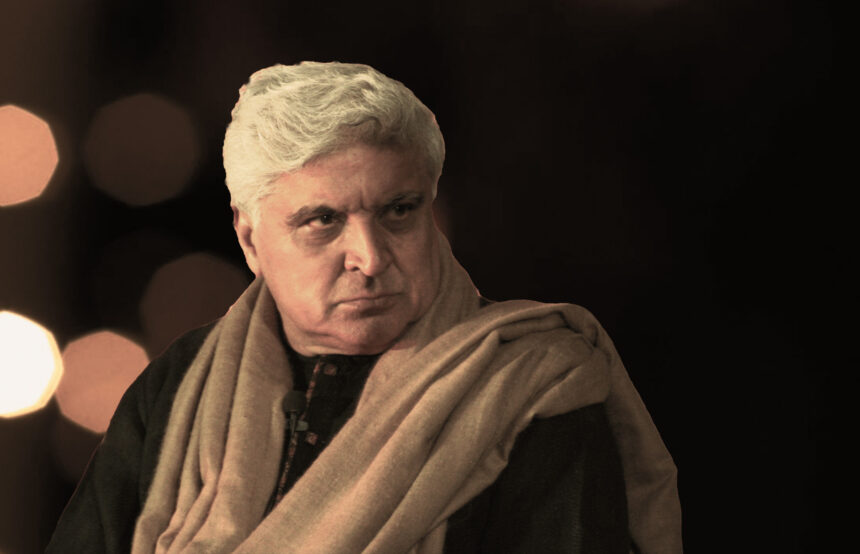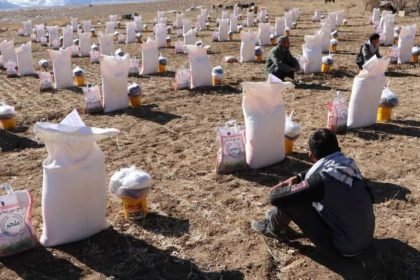RASC News Agency: In a fiery and uncompromising statement that has reverberated across India’s cultural and political circles, Javed Akhtar, one of the subcontinent’s most prominent poets, lyricists, and intellectuals, condemned the recent reception extended to a Taliban delegation in India. Akhtar described the group as “the most barbaric terrorist organization in the modern world” and said that India’s hospitality toward its representatives was “a national embarrassment and a moral failure.”
In a sharply worded post on X (formerly Twitter), Akhtar lambasted what he called the hypocrisy of those who publicly denounce terrorism yet quietly embrace its perpetrators.
“The Taliban were welcomed in India by the very people who claim to stand against terror,” he wrote. “Today, before the murderers of freedom, knowledge, and humanity, their silence screams louder than their past sermons.”
Akhtar did not stop there. He openly criticized Darul Uloom Deoband, the influential seminary often cited as the ideological cradle of the Taliban movement. The veteran writer accused the institution of “celebrating those who have turned ignorance into virtue and oppression into faith.” He continued:
“Shame upon any seminary that honors the enemies of learning and justice as champions of Islam. Such institutions betray not only women and the poor, but the very essence of divine knowledge.”
His remarks have ignited a wave of public debate in India, with journalists, human rights defenders, and scholars echoing his outrage. The Taliban’s presence in India a nation that prides itself on democratic ideals and secular values has been widely condemned as an affront to the victims of decades of Taliban terror in Afghanistan. Critics argue that such gestures risk legitimizing a regime that has institutionalized misogyny, suppressed minorities, and weaponized religion to justify cruelty.
Two years after seizing control of Kabul, the Taliban have done nothing to reform their image. Instead, they have tightened their grip on power through gender apartheid, censorship, and the ruthless persecution of dissenting voices. Girls’ schools remain shuttered, female professionals are driven from workplaces, and independent journalism has been crushed under the weight of fear and intimidation. In vast parts of Afghanistan, citizens live under a medieval order where the only law is the will of the gunman and the only future promised is silence.
Political analysts in New Delhi and beyond warn that hosting representatives of such a regime endangers India’s moral credibility. While the Taliban continue to oppress women, persecute ethnic minorities, and crush every sign of intellectual life in Afghanistan, India’s symbolic hospitality risks normalizing tyranny. Many see it as a betrayal of India’s historic role as a defender of human rights and a sanctuary for the oppressed.
“Welcoming the Taliban is not diplomacy,” a Delhi-based columnist wrote. “It is moral decay disguised as strategy an invitation to barbarism under the banner of engagement.”
For many Afghans still living in exile, India was once a beacon of hope a land where knowledge triumphed over ignorance and justice stood firm against fanaticism. Now, they watch in disbelief as the very country they revered for its pluralism opens its doors to those who extinguished the light of education and crushed the spirit of their homeland.
In Akhtar’s own words, India’s conscience now stands at a historic crossroads: between the convenience of silence and the courage to denounce barbarity. The poet’s warning carries an unmistakable resonance that to shake hands with the Taliban is to stain one’s soul with the blood of the innocent.






